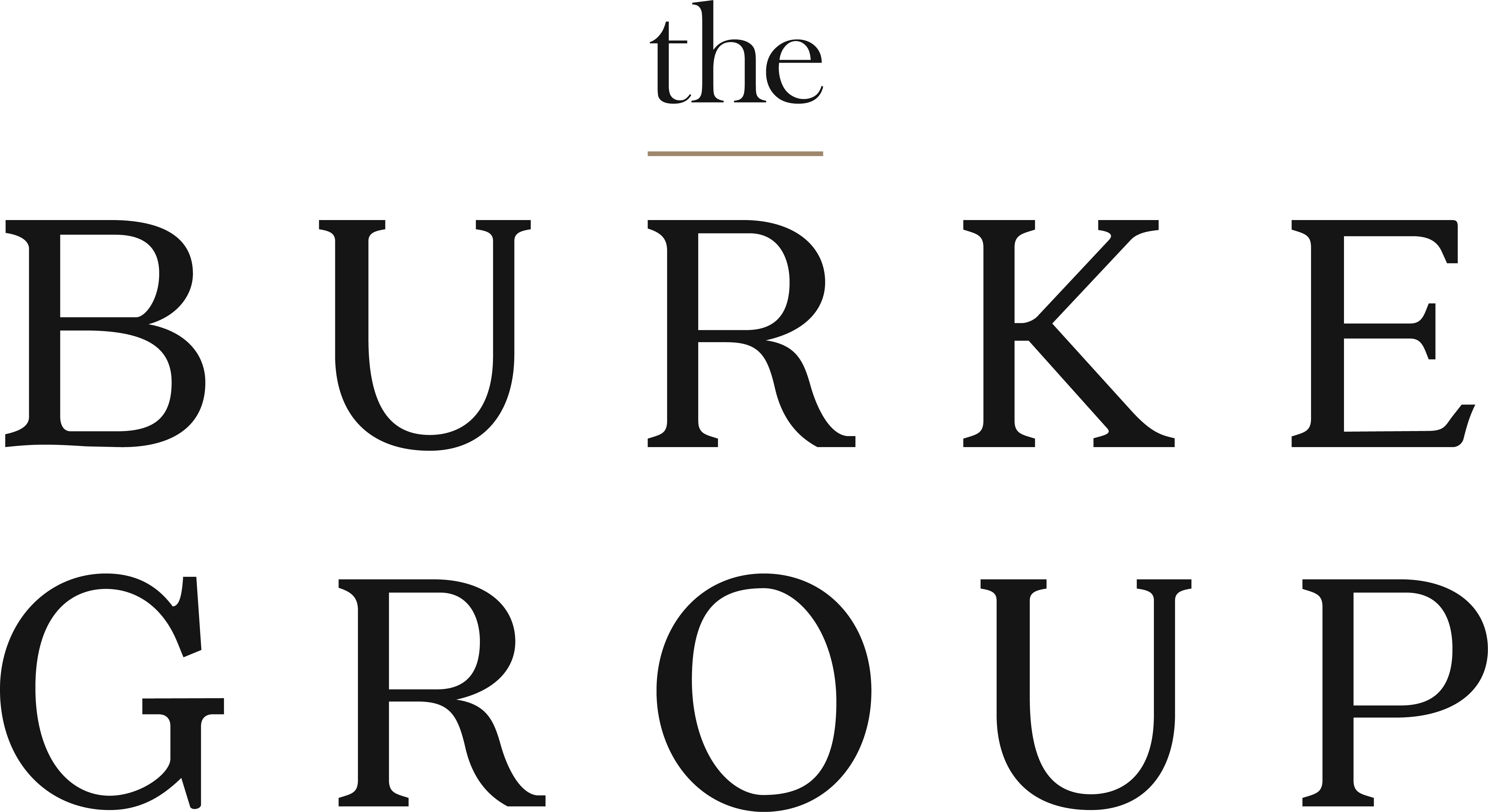Employer Integrity & Attracting Top Talent

Mastering Interview Etiquette | Showcasing Employer Integrity and Attracting Top Talent
Job interviews are crucial moments for both employers and candidates. While candidates strive to make a positive impression, employers have a unique opportunity to demonstrate their integrity and create a lasting impact. Conducting interviews with professionalism, respect, and transparency showcases the employer’s values and helps attract top talent from the first meeting. Let’s explore critical practices employers can adopt to exhibit integrity and effectively entice exceptional candidates during job interviews.
- Demonstrate your commitment to the hiring process by thoroughly reviewing the candidate's application materials, including their resume, cover letter, and portfolio. Familiarize yourself with their background, achievements, and relevant experiences. Being well-prepared shows respect for the candidate's time and allows you to ask informed questions and engage in meaningful conversations.
- Start the interview on a positive note by creating a warm and welcoming environment. Greet the candidate with a friendly smile, offer a firm handshake (or an alternative if preferred), and provide a comfortable setting. Small gestures like offering a glass of water or initiating small talk can help ease nerves and establish rapport, fostering a positive candidate experience.
- Ensure transparency by explaining the interview process, its stages, and the timeline for decision-making. Candidates appreciate knowing what to expect and when to anticipate updates. Communicate the evaluation criteria, the number of rounds, and any subsequent assessments or interviews. This transparency conveys professionalism and helps candidates feel more informed and engaged.
- During the interview, actively listen to the candidate's responses and provide thoughtful follow-up questions. Engage in a genuine conversation rather than conducting a one-sided interrogation. Encourage candidates to share their experiences, thoughts, and ideas openly. Show genuine interest by maintaining eye contact, nodding affirmatively, and displaying empathy. This approach makes candidates feel valued and allows you to assess their communication skills and cultural fit.
- Show your company's values, culture, and mission. Explain how these elements shape the work environment and the organization's approach to achieving its goals. Emphasize the aspects that differentiate your company from others and explain how they align with the candidate's aspirations and professional growth. Demonstrating a strong company culture can captivate candidates and encourage them to envision themselves as part of your team.
- Share growth opportunities. Top talent is attracted to organizations that offer opportunities for growth and development. Discuss the potential career paths within the company, training programs, mentorship initiatives, and other professional development opportunities. Show that your organization invests in its employees' success and values continuous learning. Such insights into growth prospects can inspire candidates to see your company as a place where they can thrive and advance their careers.
- Provide clear and timely feedback. Follow up with candidates promptly after the interview. Provide clear and constructive feedback, regardless of whether they are moving forward in the process or not. Constructive feedback helps candidates understand their strengths and areas for improvement, even if they are not selected for the role. In addition, timely and considerate communication demonstrates your respect for the candidate's effort and interest.
Providing clear and timely feedback is crucial for maintaining a positive candidate experience and demonstrating integrity as an employer. Here are some suggestions on what is considered timely and the best ways to correspond with candidates:
Ideally, aim to provide feedback to candidates within one to two weeks after the interview. This timeframe allows sufficient time for evaluation and internal discussions while ensuring that candidates do not experience prolonged uncertainty. In addition, prompt feedback shows respect for their time and effort invested in the application and interview process.
Email is a widely accepted and efficient method for providing feedback to candidates. It allows you to compose a thoughtful and well-crafted message, ensuring clarity in your communication. When sending feedback via email, consider the following tips:
- Personalize the Message: Address the candidate by their name and express gratitude for their participation in the interview process. Personalization adds a human touch and shows that you value their engagement.
- Be Specific and Constructive: Offer specific feedback on the candidate's strengths and areas for improvement. Use examples from the interview to illustrate your points. Focus on providing constructive criticism that can help them grow professionally. Avoid general or vague statements that may not offer much value.
- Highlight Positive Aspects: Alongside areas for improvement, highlight the candidate's strengths and positive attributes observed during the interview. Acknowledge their accomplishments, skills, and potential contributions. Balancing constructive feedback with positive reinforcement helps maintain the candidate's enthusiasm and confidence.
- Maintain Professionalism and Tone: Ensure your email maintains a professional tone. Be courteous, respectful, and considerate in your language and phrasing. Remember that your feedback reflects not only on you as an employer but also your company's brand and reputation.
Phone Call Feedback: In certain situations, or for more senior positions, a phone call may be more appropriate to provide feedback. A phone call allows for a more personalized and interactive conversation, enabling candidates to ask questions or seek clarification. When delivering feedback over the phone:
- Schedule a Call: Send an email requesting a suitable time to discuss feedback and provide advance notice to the candidate. This shows respect for their time and allows them to prepare for the conversation mentally.
- Be Prepared and Professional: Before the call, gather your thoughts, review interview notes, and be prepared to offer specific examples of the candidate's performance. Maintain a professional and respectful tone throughout the conversation.
- Offer a Balanced Perspective: Similar to email feedback, provide positive feedback and improvement areas during the call. Ensure your feedback is constructive, actionable, and focused on helping the candidate grow professionally.
- Encourage Questions and Discussion: Create an open and safe space for candidates to ask questions or seek clarification on your feedback. Encourage a dialogue that fosters mutual understanding and respect.
Remember, regardless of the communication method. It’s essential to respond promptly and provide the necessary information to candidates. Clear and timely feedback demonstrates your integrity as an employer and contributes to a positive candidate experience, regardless of the outcome.
Conducting job interviews with integrity and professionalism creates a positive employer brand. It fosters an atmosphere that attracts top talent. By preparing thoroughly, creating a welcoming environment, being transparent, actively listening, showcasing company values, highlighting growth opportunities, and providing clear feedback, employers can differentiate themselves as reputable organizations that value their employees. Implementing these interview etiquette practices can yield long-lasting benefits, leading to successful recruitment and the acquisition of exceptional talent for your team.
